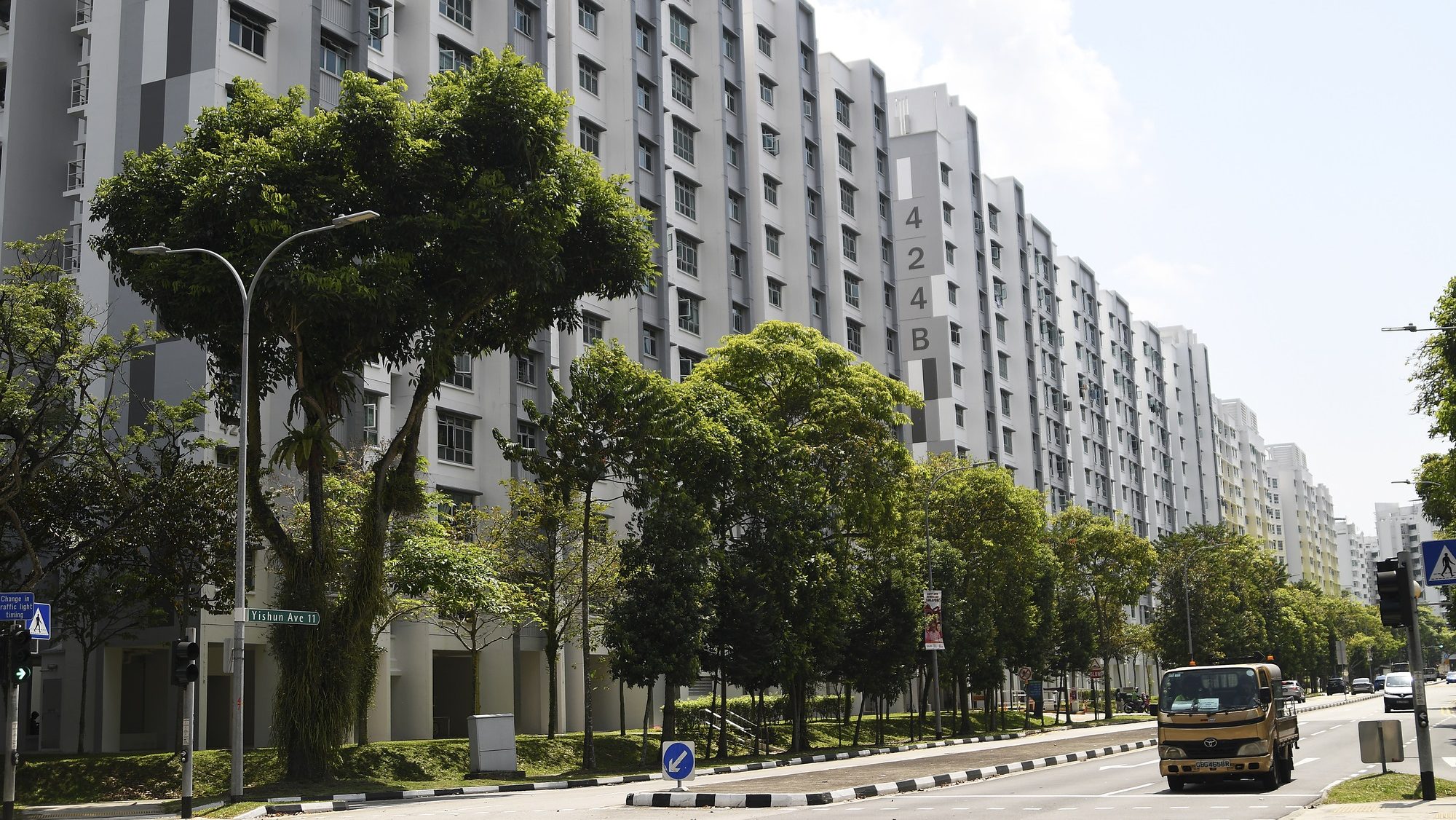SINGAPORE: A Singaporean woman is seeking help online after her car was broken into while she was shopping at Paradigm Mall in Johor Bahru, Malaysia. The thieves allegedly absconded with her luggage and backpack on Sunday afternoon (Jun 15).
Revealing that the incident took place between 2 p.m. and 5 p.m., Facebook user Julia Lim said that she had parked her car near the lift lobby of the Paradigm Mall car park. She wrote on the My SG Road Trip – Eat, Play, Stay Malaysia! Facebook group:
“Came back to the car to find the window had been smashed and our carry-all and cabin luggage that had been placed in the boot out of sight were gone.”
Seeking advice on what to do, she asked, “Security is here and helped call the police. We have travel insurance, but we’re unsure what to do at this point. Should we cancel our staycation to return straight to Singapore or proceed to get the window repaired in JB?”
Netizens responding to her post gave her practical tips on what she could do. One Facebook commenter said, “Send your family to the hotel first, then send the car to a workshop. Leave the car there and get around by Grab. Gather all receipts and claim insurance when back in Singapore.”
Another commenter revealed that they had suffered a similar experience themselves. They wrote, “If you openly opened your boot before going on your trip, someone could’ve been watching. That happened to us before; we left our bags out of sight, came back, and everything was gone.”
Another netizen said, “You were targeted. If you weren’t, they wouldn’t have taken anything even if there were valuables inside. Think about what might have made you a target.”
Some commenters suggested using magnetic screens to block passersby’s view into cars, while others said the driver should better conceal her items in her vehicle in the future.
Some users recommended magnetic sunscreens to block out views into the car, while others reminded drivers to never leave any bags or visible items in the vehicle, even if they are empty.
One commenter urged Ms Lim to enjoy what remains of her trip. They said, “Things have already happened, even though it’s frustrating. Might as well use the holiday to lift your spirits a little.”










